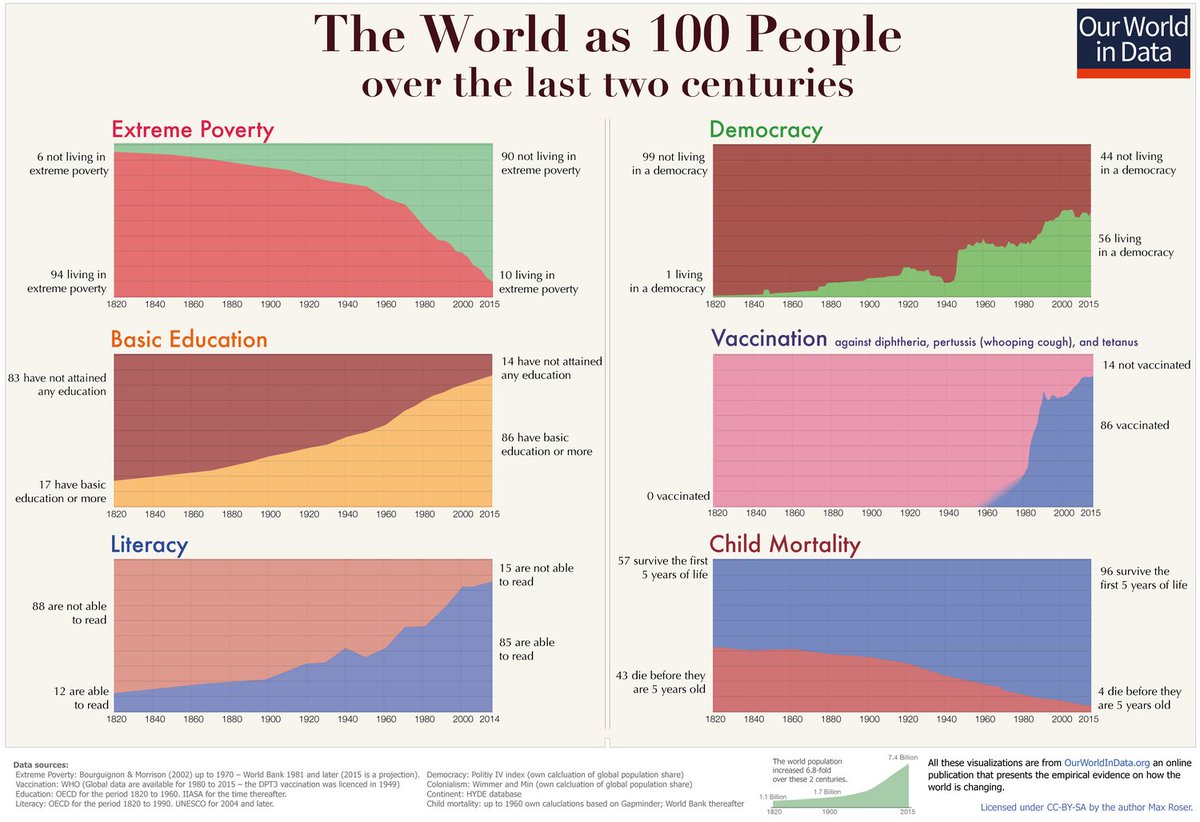
One of the most important career decisions you make is prioritizing status or substance.
Substance compounds and status decays.
Substance compounds and status decays.
Prioritizing status delivers quicker rewards but hits an early ceiling. Prioritizing substance often has a painfully slow start but no ceiling.
(The hard part is often taking an honest look at which is which.)
(The hard part is often taking an honest look at which is which.)
If you focus on substance, in the long-term you get status too. But it doesn't work the other way around.
In the extreme case, getting retweets for talking about how awful everything is will get you some retweets and some dopamine, but it won’t compound into anything valuable. Getting up every day and making a little bit of progress towards building something might.
• • •
Missing some Tweet in this thread? You can try to
force a refresh




